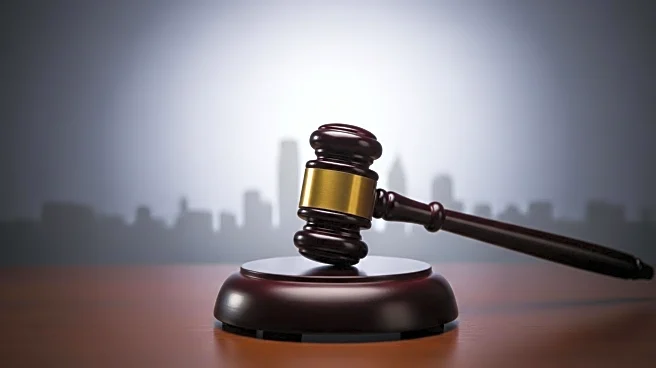What's Happening?
The 30-day emergency declaration that facilitated federal oversight of Washington, D.C. is scheduled to expire on September 10. This declaration was initially enacted to address specific challenges within the city, allowing federal authorities to manage certain aspects of local governance. Over the past month, the declaration has enabled enhanced coordination between federal and local agencies, focusing on security and administrative efficiency. As the expiration date approaches, discussions are underway regarding the potential extension of the declaration, considering the outcomes and ongoing needs identified during this period.
Why It's Important?
The expiration of the emergency declaration is significant as it marks a transition in the governance of Washington, D.C. The federal oversight has implications for local autonomy and the ability of city officials to manage affairs independently. The decision to extend or conclude the declaration will affect how resources are allocated and managed, impacting public services and security measures. Stakeholders, including local government officials and residents, are closely monitoring the situation to understand how it will influence the city's operational dynamics and future policy decisions.
What's Next?
As the expiration date nears, federal and local authorities are evaluating the necessity of extending the emergency declaration. This decision will depend on the assessment of current conditions and the effectiveness of measures implemented during the declaration period. If extended, it could lead to continued federal involvement in local governance, while its conclusion would restore full local control. The outcome will likely prompt reactions from political leaders and community groups, influencing future governance strategies in Washington, D.C.










